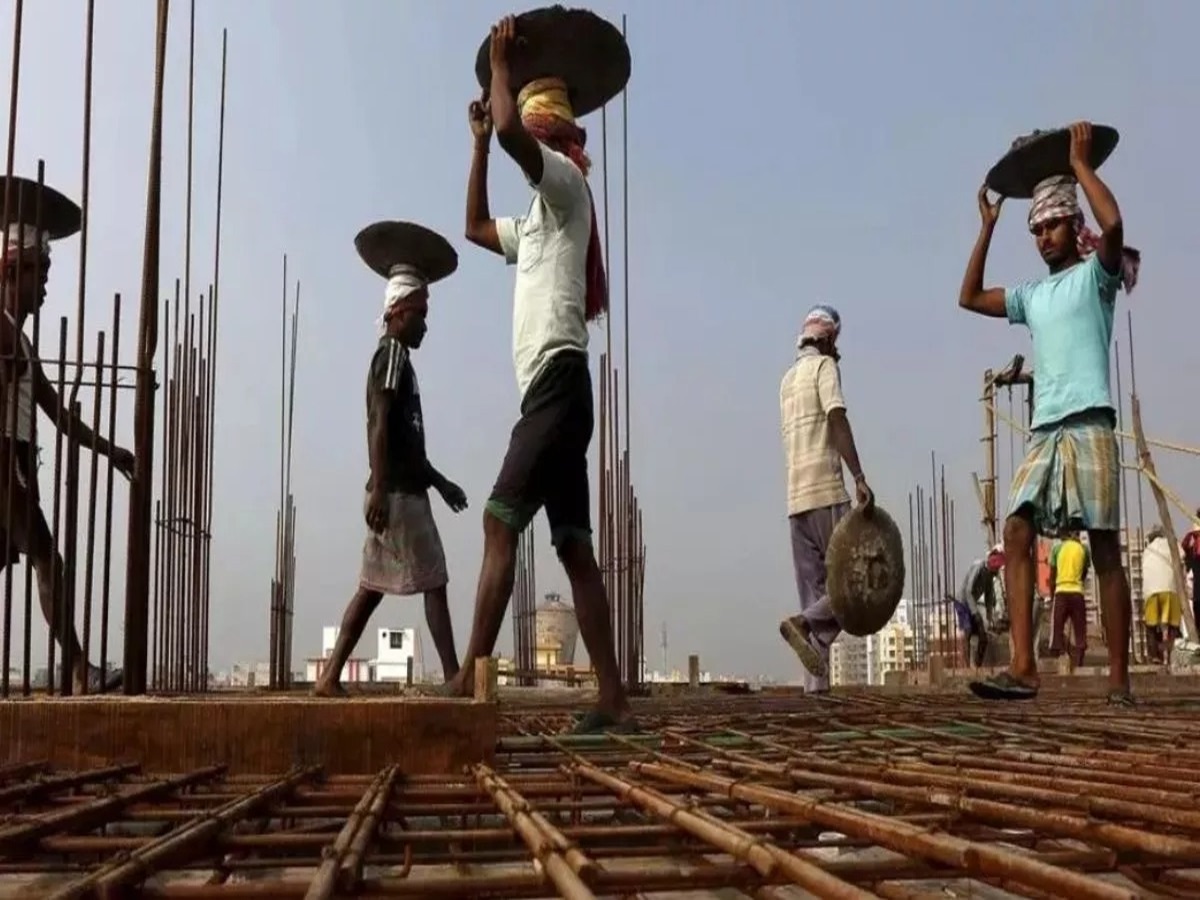
Chandigarh, Punjab – In a move aimed at bolstering the socio-economic well-being of its labor force, the Punjab state cabinet, under the leadership of Chief Minister Bhagwant Mann, has given its approval to substantially increase financial assistance for registered construction workers and their families. The decision, taken during a recent cabinet meeting, involves key amendments to the Punjab Building and Other Construction Workers (Regulation of Employment and Conditions of Service) Rules, 2008.
This significant policy revision will see enhanced payouts across various welfare schemes managed by the Punjab Building and Other Construction Workers Welfare Board (BOCWWB). Key among these changes is a notable increase in stipends for the children of registered workers, covering education from primary school through to higher studies. The enhanced stipends will now range from an additional ₹5,000 to ₹70,000, depending on the level of education, providing crucial support for academic pursuits.
Furthermore, the financial aid provided under the popular "Shagun Scheme" for the marriage of workers' daughters has been raised from ₹31,000 to ₹51,000. This increase is expected to alleviate a significant financial burden for many families within the construction sector.
The cabinet also approved a doubling of the ex-gratia amount payable in the unfortunate event of a registered worker's accidental death, increasing it from ₹2 lakh to ₹4 lakh. Similarly, financial assistance for natural death has been raised from ₹1.5 lakh to ₹3 lakh.
These enhanced benefits underscore the Punjab government's commitment to supporting its construction workers, who form a vital part of the state's economy. The increased financial aid is intended to provide greater social security, help families cope with the rising cost of living, and improve the overall quality of life for these workers and their dependents. The government believes these measures will offer tangible relief and foster a more secure environment for the construction workforce in Punjab.







